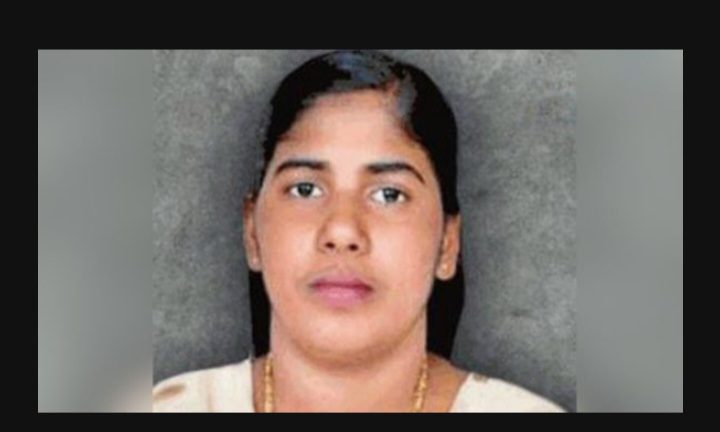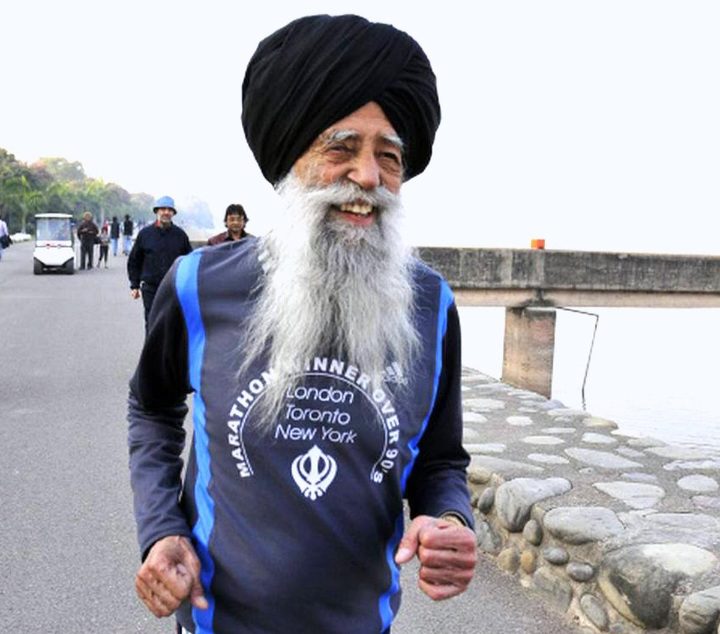The harrowing case of Nimisha Priya, a Kerala nurse sentenced to death in Yemen, has reignited discussions about an ancient legal remedy—blood money. As her family races against time to gather funds and negotiate with the victim’s family, a critical question looms: Can financial compensation truly overturn a death sentence? And if so, has this desperate measure saved other Indians in the past?
This blog delves into the complexities of blood money in Sharia law, Nimisha’s legal battle, and past cases where this controversial practice has meant the difference between life and death for Indians abroad.
What Is Blood Money? A Legal Lifeline in Sharia Law
In countries governed by Islamic Sharia law, such as Yemen, Saudi Arabia, and the UAE, “diyya” (blood money) serves as a legal alternative to capital punishment. Under this system, the family of a murder victim can accept financial compensation in exchange for pardoning the accused.
The concept is rooted in tribal justice traditions, where monetary reparations were used to prevent endless cycles of vengeance. Today, it remains a recognized legal mechanism—but its success depends entirely on the victim’s family’s willingness to forgive.
How Much Is a Life Worth?
The amount varies by country and case, but in past instances, blood money demands have ranged from $50,000 to over $200,000. For many Indian families, this is an impossible sum—making diplomatic and community support crucial.
Nimisha Priya’s Ordeal: From Nurse to Death Row
Nimisha Priya, a 32-year-old nurse from Kerala, moved to Yemen in 2008 for employment. Her life took a nightmarish turn when she became entangled in an abusive relationship with Talal Abdo Mahdi, a Yemeni national who allegedly tortured her and confiscated her passport.
The Crime and Controversial Conviction
In 2017, Nimisha attempted to sedate Mahdi to retrieve her passport, but the injection proved fatal. She was arrested, convicted of murder, and sentenced to death in 2020. Despite appeals, Yemen’s courts upheld the verdict, leaving blood money as her last hope.
Why Hasn’t Blood Money Worked Yet?
- The Family’s Refusal – Reports suggest Mahdi’s family has rejected negotiations, possibly due to cultural stigma or personal grief.
- No Indian Embassy in Yemen – Due to the civil war, India’s diplomatic mission in Yemen is non-operational, complicating legal and financial efforts.
- Financial Barriers – Even if the family agrees, raising the required sum (potentially $150,000 or more) is a monumental challenge for Nimisha’s middle-class family.
Has Blood Money Saved Other Indians? Past Cases Offer Hope
While Nimisha’s situation seems dire, history shows that blood money has indeed spared Indians from execution in the past. Here are three notable cases:
- The Kerala Nurses in Libya (1990s)
Six Indian nurses were wrongly accused of infecting children with HIV in Libya and sentenced to death. After years of international pressure, diplomatic negotiations and blood money payments secured their release. - Lakshmibhai’s Redemption in the UAE (2015)
An Indian worker, Lakshmibhai, was sentenced to death for killing a Sudanese man in a drunken brawl. His family, with help from Indian groups, raised blood money, leading to his sentence being commuted to imprisonment. - S. Haris’s Miracle in Saudi Arabia (2018)
A Keralite man, S. Haris, faced execution for a fatal car accident. The Indian community and government pooled funds, paid 150,000 in blood money, and saved his life.
These cases prove that blood money can work—but only with relentless effort, diplomacy, and financial backing.
Can Nimisha Priya Be Saved? The Road Ahead
With Yemen’s legal system stacked against her, Nimisha’s survival hinges on three critical factors:
- Persuading Mahdi’s Family– Activists and intermediaries must convince the victim’s family to accept compensation.
- Raising Funds – Crowdfunding campaigns and government aid may be necessary to meet the blood money demand.
- Diplomatic Pressure – India must leverage international allies (like Oman or the UN) to facilitate negotiations.
What Happens If Blood Money Fails?
If negotiations collapse, Nimisha could face execution by firing squad—a grim reality that underscores the high stakes of this battle.
Conclusion: A Test of Humanity and Justice
Nimisha Priya’s case is more than a legal struggle—it’s a *test of whether money can outweigh vengeance in the eyes of justice. While blood money has saved lives before, its success is never guaranteed.
For now, her fate hangs in the balance. Will diplomacy, compassion, and financial compromise prevail? Or will Yemen’s strict legal system deliver a final, irreversible verdict?
As the world watches, one thing is clear: Nimisha’s fight is not just for her life—but for the principle that redemption should always have a chance.
What do you think? Should blood money be a recognized legal alternative worldwide? Share your thoughts in the comments.
AUTHOR : RAI SAHA
PUBLISHED : 15TH JULY, 2025.
FOLLOW US FOR MORE SUCH UPDATES.
Anurag Dhole is a seasoned journalist and content writer with a passion for delivering timely, accurate, and engaging stories. With over 8 years of experience in digital media, she covers a wide range of topics—from breaking news and politics to business insights and cultural trends. Jane's writing style blends clarity with depth, aiming to inform and inspire readers in a fast-paced media landscape. When she’s not chasing stories, she’s likely reading investigative features or exploring local cafés for her next writing spot.






